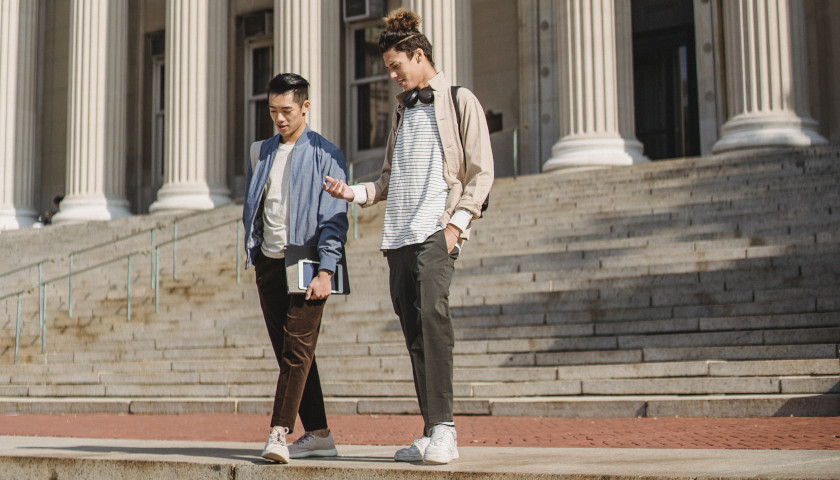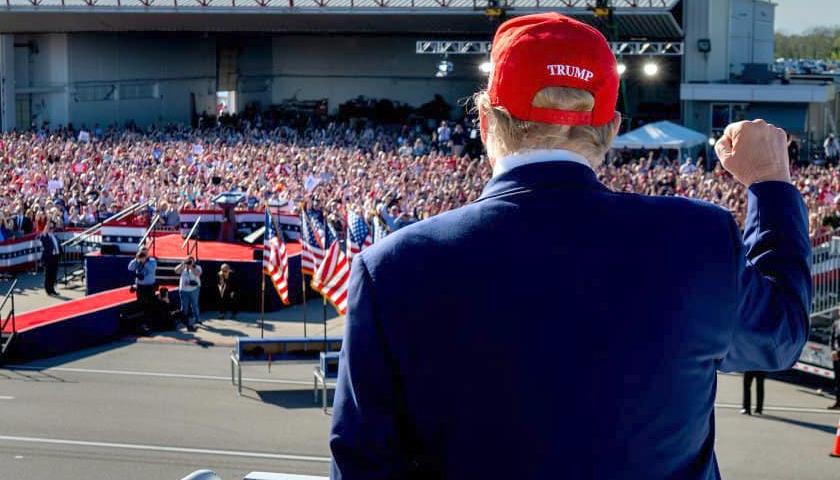Nearly half of the University of Wisconsin System students who responded believe administrators should ban the expression of views that some students feel cause harm to certain groups of people, according to an extensive survey on campus freedom of speech released Wednesday.
Some 68 percent of those surveyed say students should report an instructor who says something in class deemed harmful to certain groups.
Such findings drive home the peril the First Amendment faces on college campuses, said UW-Madison law professor Ryan Owens. He was part of a panel discussion on the survey moderated by President Jay Rothman.
“You look through history, people will use the word ‘hate’ or ‘unsafe’ as a shibboleth to attack people they disagree with. That’s pervasive in our society right now, and it’s very troubling,” said Owens, who also served on the survey’s advisory board.
Owens noted Southern Poverty Law Center, which has labeled as a hate group a pro-family organization that espoused the same beliefs as Barack Obama in 2008. “What worries me is when people use the heavy hand of government to empower or protect a certain kind of speech while blocking another.”
The UW System Student Views on Freedom of Speech Survey drew the opinions of more than10,000 undergraduate students at Wisconsin’s 13 comprehensive universities. The survey, an initiative of UW-Stout’s Menard Center for the Study of Institutions and Innovation and the Wisconsin Institute for Public Policy and Service. was delayed for months. Former UW-Whitewater Interim Chancellor Jim Henderson in April resigned in opposition to the system sending out the survey.
As suspected, the survey uncovered polar differences in how conservative students, view speech on college campuses compared to their more numerous liberal peers. Republican lawmakers have frequently charged that Wisconsin’s public universities are labs of left-wing thought and that conservative perspectives are often not welcome.
When asked whether they had felt pressured by an instructor to agree with a specific political or ideological view being expressed in class, 15 percent of those who identified as very liberal said yes, while 64 percent of those identifying as very conservative said they’d faced such pressure.
Nearly three quarters (73 percent) of Republican students said they shied away from expressing their opinions in class because they feared the instructor would consider their views offensive.
Like similar free speech surveys at colleges across the country, the UW System questionnaire found students who often value “safe spaces” over the protections of the First Amendment.
Some faculty feel the same.
A majority (55 percent) of students surveyed believe, at least somewhat, that university administrators should disinvite a speaker if some students feel the speaker’s message is offensive.
A UW-Madison student group event in October featuring conservative commentator Matt Walsh was met with protesters, vandalism and bias complaints. Walsh’s film, “What is a Woman?” — critical of the transgender movement — was screened.
One trans student told the Milwaukee Journal Sentinel that Walsh may have a right to free speech, but “the university also has a right to not platform him and to protect their students.”
UW Law School Professor Franciska Coleman, a member of the survey’s advisory board, said she’s okay with the student marketplace blocking speakers with ideas or views that are “not appropriate or not welcome.”
“I think it’s normal students don’t want their students fees to to help support speech that they’re opposed to, if some students feel a speaker’s message is offensive.”
Read the full survey here.
– – –
M.D. Kittle is the National Political Editor for The Star News Network.





